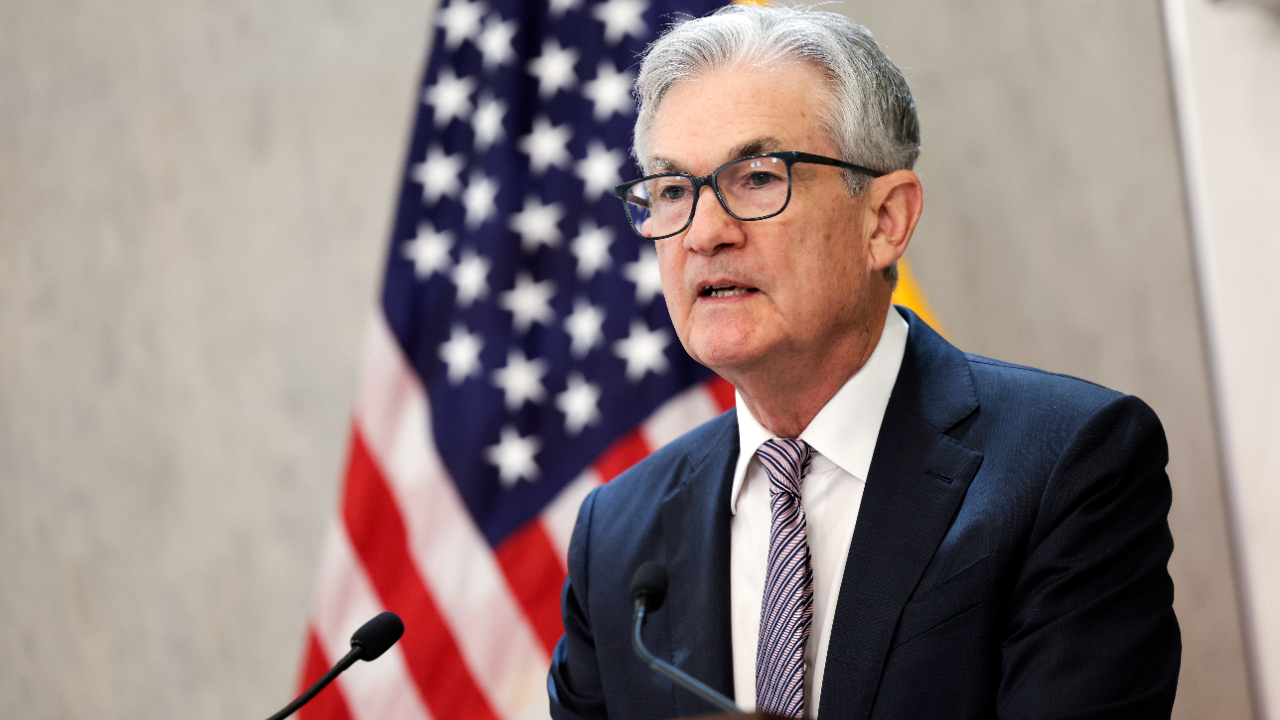Dan North | Source | Chief Economist at Euler Hermes

Dan North
Since 1996, Dan North has been with Allianz Trade, the world’s oldest and largest credit insurance company. As the company’s senior economist for North America, he uses macroeconomic and quantitative analyses to help manage Allianz Trade’ risk portfolio of over $170B in U.S. trade transactions.
As one of the leading U.S. economists, Dan North has appeared on CNBC, Fox Business News, ABC News Now, France 24, and Bloomberg Radio and Television. He has been quoted by USA Today, Barron’s, Bloomberg Business Week, The Washington Post, Paris Le Monde, and The Wall Street Journal. After having predicted the 2008/2009 recession and its implications accurately, Dan North was ranked 4th on Bloomberg’s list of the 65 top economic forecasters in 2010.
-

Euler Hermes (https://www.eulerhermes.com)
Chief Economist
started May 1996 -
Allianz Trade
Senior Economist
started Mar 1996
-
US hiring blows past expectations in March
US hiring rose much more than expected last month, according to government data published Friday, increasing the chances that the Federal Reserve will remain on pause for longer as it weighs when to start cutting interest rates. If inflation remains above target, stronger jobs and growth data will likely keep the Fed on pause for longer, pushing up the cost of borrowing for consumers and producers.
Article -
These Items Grow More Expensive When Fed Lifts Rates Sharply
Anyone who’s ever worked with a personal trainer knows the term “short-term pain for long-term gain.” So it goes in economic circles this week, as the U.S. Federal Reserve is set to boost its benchmark federal funds interest rate by 0.75 percentage point.
Article -
Fed Raises Interest Rates By 0.75 Percentage Point To Reduce Inflation | Bankrate
The Fed hasn't raised rates by 75 basis points or more at multiple meetings in a year since the 1980s under Fed Chair Paul Volcker.
Article
-
“Moving convincingly toward 2% doesn’t just mean hitting 2% for one month. It means hitting 2% or less for months and months in a row,” North said. “We’re a long way from that, and that’s probably what’s going to show tomorrow as well.”
-
"If you're Jay Powell, and you're looking at the growth side of the economy, you're saying, 'Well, it's doing fine—look at personal consumption, look at the labor market. It doesn't need any stimulus, so I don't need to cut rates from that perspective,'" North said. "And if I look at the inflation side: To look at that core number, we're at 2.8%. That's not 2%. ...We're a long, long way from that as well. So this just keeps Jay Powell out for several months."
-
Allianz Trade's North isn't as concerned about the Q1 GDP report. "We already know what happened in January and February," he said. "So that's when the Friday report becomes so much more important." He considers the personal income and outlays report to be just as important as the monthly employment report, "because it shows what the consumer is doing, and that's 70% of the economy."




